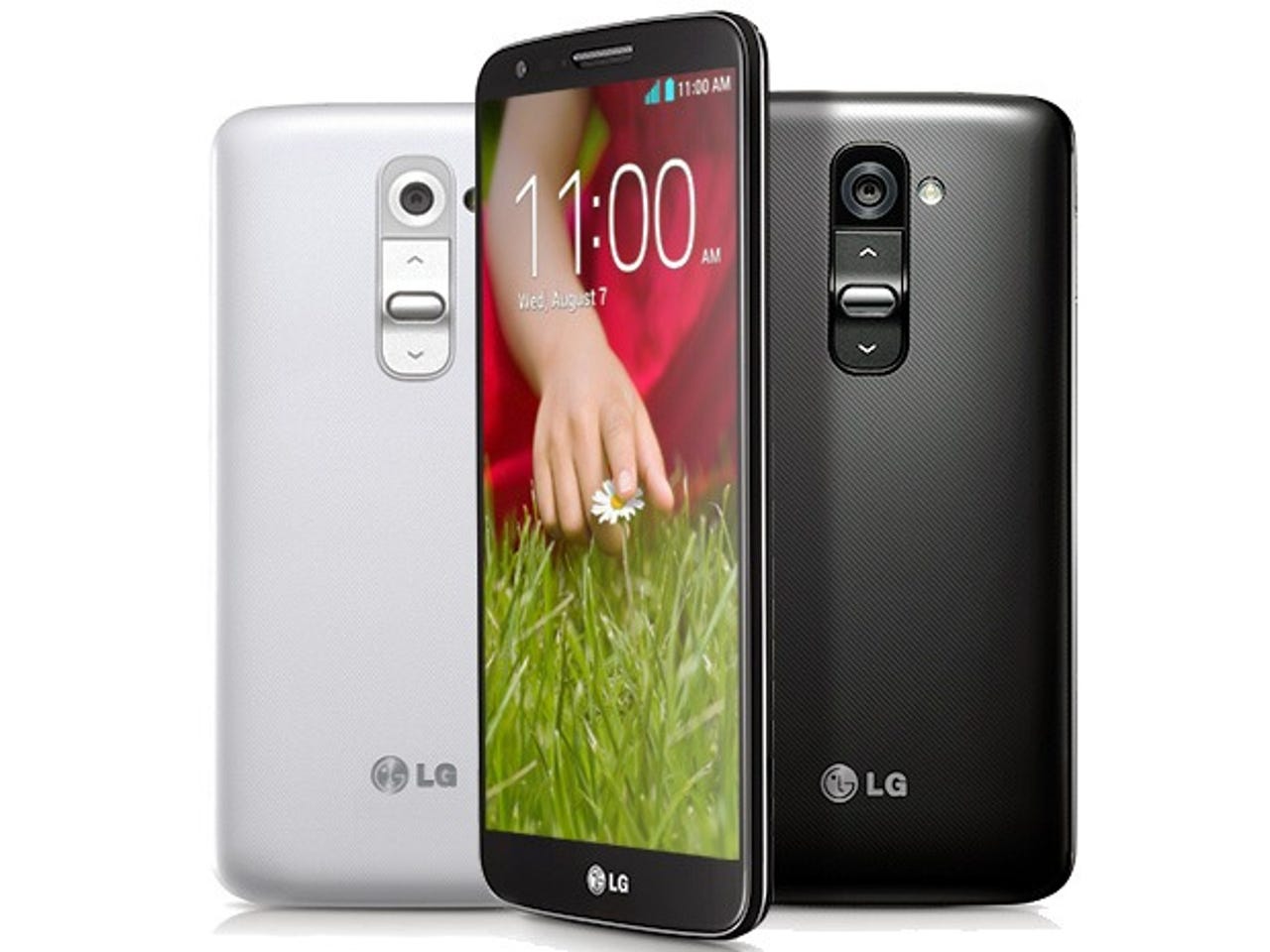Fastest downloading smartphones revealed: Did yours make the list?


If you're blaming your mobile carrier for slow download speeds on your smartphone, it may be time to ease up — it could be the device that's giving you problems.
Given that smartphones today are mostly devices for accessing online services, mobile broadband speeds are more important than ever. But while most users know — or at least have some idea — what the maximum upload and download speeds available on their network are, is anyone really aware how good a device's LTE radios are when they buy it?
A new study by networking researchers from Finland's Aalto University has attempted to provide the answers through data on top download speeds collected from its Netradar app installed on devices across Android, iOS, and of course, given its location, Nokia handsets using MeeGo, Symbian and Windows Phone.
According to its study of top speeds seen on 150 devices, the fastest was LG's G2 (D802, the UK model), which went on sale last September and was seen downloading at a top speed of 103Mbps.
Tech Pro Research
Others that were clocking up download speeds above 90Mbps included Samsung's Galaxy S4 4G+, the Galaxy Note 3, Nokia's Lumia 920, Galaxy S3, Sony's Xperia Tablet Z, the iPhone 5S and Nokia's Lumia 925 — all of which are of course LTE devices.
The next batch of devices with speeds below 90Mbps but above 80 Mbps included the LG's Google powered Nexus 5, the Lumia 820, Sony's Xperia V, and the Samsung Galaxy S4 mini. Behind them in the 60-80Mbps category were the iPad Air, Lumia 625, HTC One, the iPhone 5, and iPad 4.
The top speed by the phone from Finnish smartphone startup Jolla in the study was 55Mbps, which is a pretty good result given the company is still a young startup.
The list provides an interesting counterpoint to other studies, such as that from OpenSignal, the UK firm which produces stats on average download speeds on different mobile networks across the globe and is a good reference to compare speed claims made by mobile carriers.
However, what's missing is that the device itself can be responsible for a huge variance in download speeds, according to Jukka Manner, a PhD and professor of networking technology at Aalto University and one of the authors of the study.
"What I wanted with this report was to show that also the device matters," Manner told ZDNet. "Others talk about signal and network quality, but I wanted to highlight that if you have an issue, it might as well be the device that is the problem. Also, operators often sell certain devices, but do they really know which of them are good and which have real performance limitations?"
"When we look at the top speeds, we can see what is the potential maximum performance of difference devices. If your own speed is below that, then you can start asking questions about whether the network or your data plan is the problem."
To this end, Netregard offers several different views of devices in the list, including the fastest view, by most popular device and by vendor.
While the study's results give some idea about the top speeds possible on different devices, such metrics are a bit of a moveable feast. Manner said the new top speed in its records is now over 122Mbps.
Also, the readings need to be taken with caution. As Netradar points out, the accuracy of performance data is highly dependent on location (signal strength and type of network), network congestion and the person's data plan, which might limit the device's bit rate on the network. Also, the device could be broken in some way.
Still, the comparisons were done using devices on a commercial mobile network, with the exception in Finland of Nokia's own internal mobile network, which, according to Netregard's data is delivering speeds of 120Mbps to its users.
"Nokia has its own internal mobile, not public, network and they have used our app a lot," explained Manner.
Netregard has 78,000 downloads so far and while it started with a purely Finnish user-base, according to Manner, Finns only represent 70 percent and are shrinking. Indeed, Netradar's maps indicate it has users across Europe and even a few as far as Iran, for example.